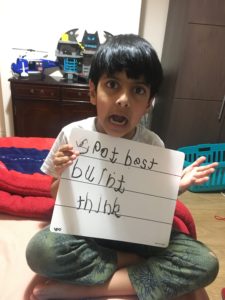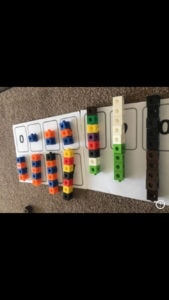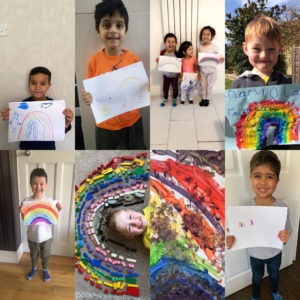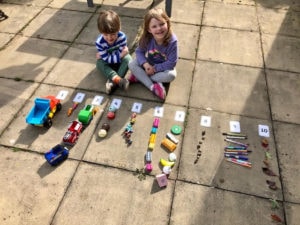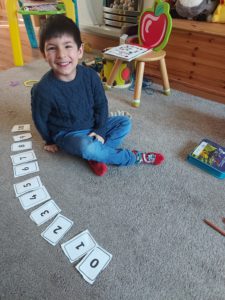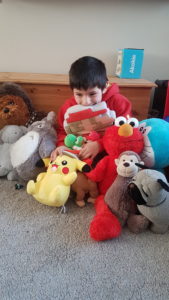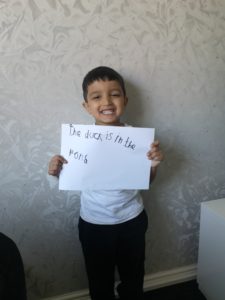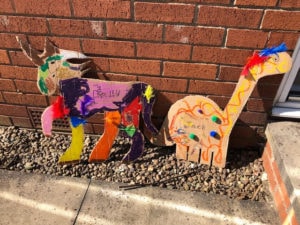31 March 2020: Home learning
Good morning, everyone. I hope you are enjoying your home learning tasks. I’ve enjoyed seeing all the learning you have been doing at home.
Phonics
Words to read:
Practise your tricky words and the words in your blue word book.
Have you coloured them all in yet?
Words to write:
bank, cost, sight, near
Phonics activity:
Write the sentence(adult to read)
It is fun to camp in a tent.
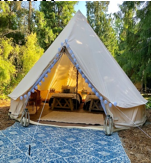
Literacy
Write a sentence about the picture.
Remember:
- think
- say
- count the words
- write each word
- check
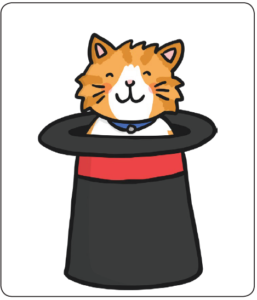 Maths: repeating patterns
Maths: repeating patterns
Draw the snakes and continue the repeating pattern.
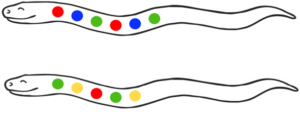
Can you make up your own pattern?
Extra activity
Flower painting
I have seen lots of spring flowers around.
Why not have a go at painting some?

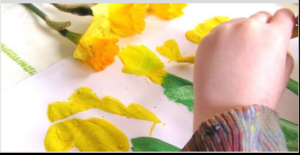
Have a lovely day!
Home learning!
Hi all,
Hope you’re all getting on okay. From the look of these photos, you guys are having loads of fun and learning loads.
Thanks for sending the pictures. It’s really nice to see what you’re doing.









30 March 2020:Home learning
Good morning! I hope everyone had a good weekend. I had a lovely walk from my house to the park and I learnt how to bake bread!
What new thing did you do?
Here are today’s learning tasks:
Phonics
Ask your grown-up to say these sounds.
Write them down.
ai, or, oa, ow, igh, ure, air, ear, ur
Words to write:
silk, tilt, damp, kept
Phonics activity:
Fill in the missing letters.

Literacy
Find tricky words in your reading book. Write them down. How many of these words did you find?

Maths: double

Paint or draw a ladybird with a different double.
I would love to see your ladybird pictures.
Please send them to:
moortowneyfs@spherefederation.org
Extra activity
This week, let’s do some science!
Washing up bowl science
Find a bowl and lots of different containers. These might include cups, pans, empty milk containers and jugs. Fill and empty the containers. Which container holds the most? How many cups of water go into the pan?
Change the water by adding food colouring and a drop of bubble bath. Does it look different? Does it smell differently?
Have fun!
Grandad’s answers…
Thank you so much for all of your questions for my grandad about his teddy. As there were so many, I couldn’t choose them all but I made sure that I asked him at least one of the questions that each of you sent me. Find his answers below:
How old is your teddy?
“He is 85 years old in August.”
Where did you get it from?
“My mother’s friend got it for me as a present when I was one week old.”
What is its name?
“I just call it Teddy.”
What does it feel like?
“It’s quite hard but soft in places.”
Does it go everywhere with you?
“Not anymore – it just stays in my house. It used to when I was a little boy. I moved around a lot, especially when I younger during the Second World War.”
Why is it so unfluffy?
“It used to have lots of fur but it has become worn over the years. My mother had to repair it a few times.
Does it have other clothes?
“No. It has another suit but it got damaged during the war so my mum had to make it this shirt. It’s worn this shirt since around 1941.”
Have you ever lost your teddy?
“Yes – once. I left it on a train in Lincolnshire around 1944. Luckily, someone noticed I had left it and gave to the train porter who left it at the next station. My mother sent a letter to the train company to see if anywhere had it. They sent a letter back, telling her it was waiting for us at Lincoln station and we went and picked it up.”
Do you still love your teddy?
“Of course I do. I once watched a television show where you could send in your old toys to be restored. I never wanted to do that as then it wouldn’t be my teddy.
When my mum went to drop some things round at my grandad’s house, he had this little message for you.
He’s hoping that when we get back to school, he will be able to come and visit you all so that you can meet him and his teddy.
Home learning tasks
Wow! I’ve been so impressed with some of the great learning that is happening at home.
Well done, Year One!
Take a look at some of the learning that you and your friends have done:
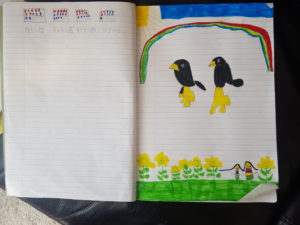
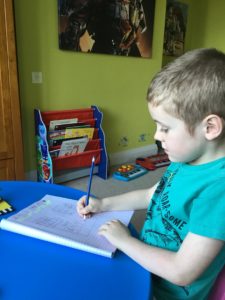

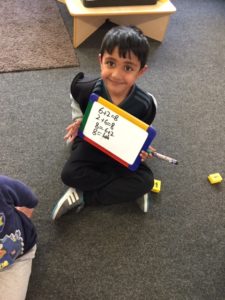
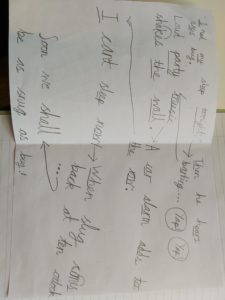

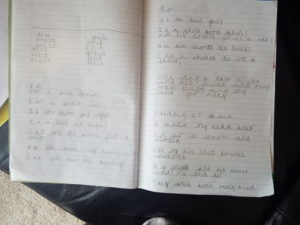
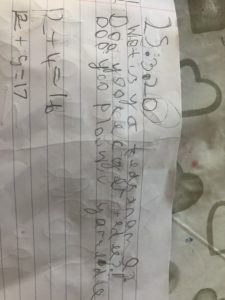
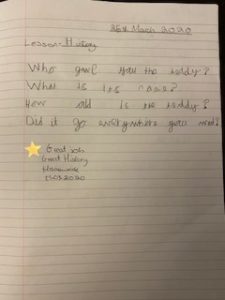

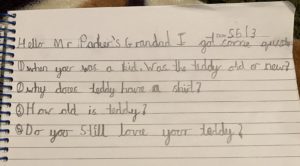
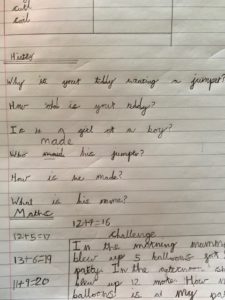
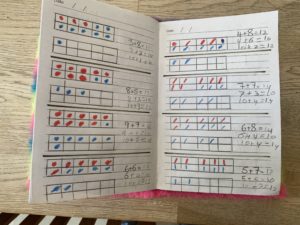
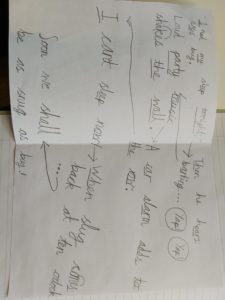
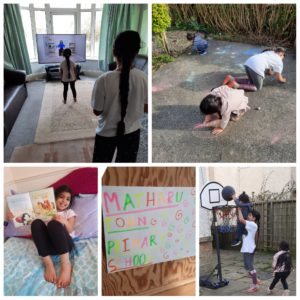
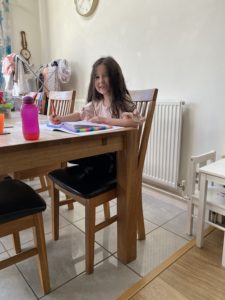
Remember, feel free to send me any learning you’ve done at benparker@spherefederation.org
Keep it up 🙂
Homework Review
Here is some of the excellent work that has been produced this week!
Well done Y5! Thank you for sending me through your work – it’s lovely to see.
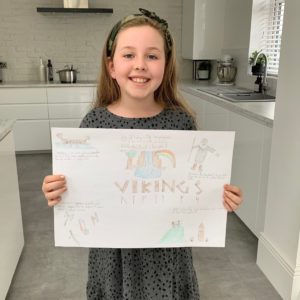

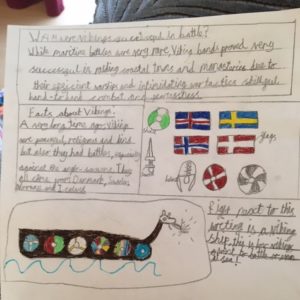
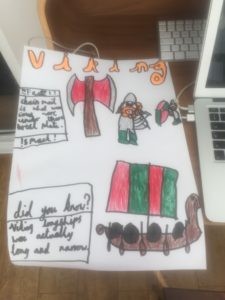
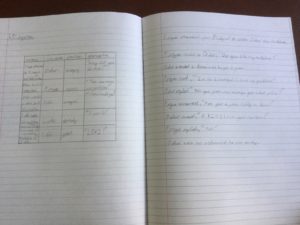
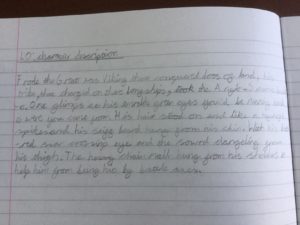
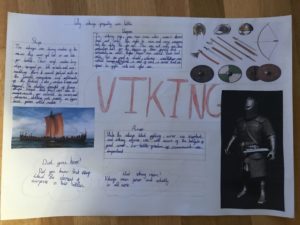
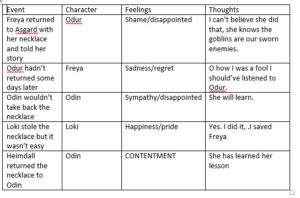
Remember, feel free to send me any work you’ve done at oliwain@spherefederation.org
Keep it up Y5!
The learning just keeps on coming!
Here are some more home learning activities for us all to share. Have a look at what your friends (and us) have been up to.



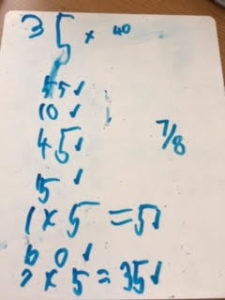
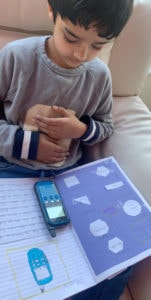
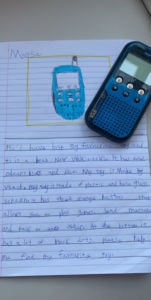













Boudicca posters!
Thanks for sending in your posters about Roman Britain. They’re great!
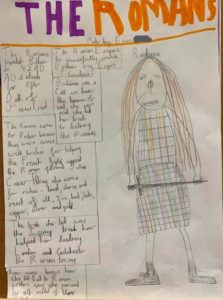
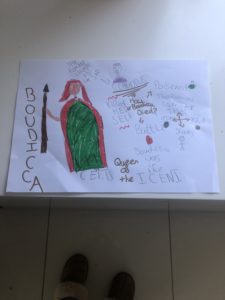

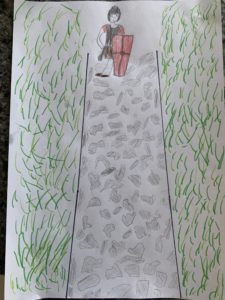

Homework Review
Wow what a week, Year Three! Despite what’s going on you’ve absolutely shone with your home learning and homework. You’re all absolute superstars! Here’s a snapshot of your brilliant homeworks:
Rizwan
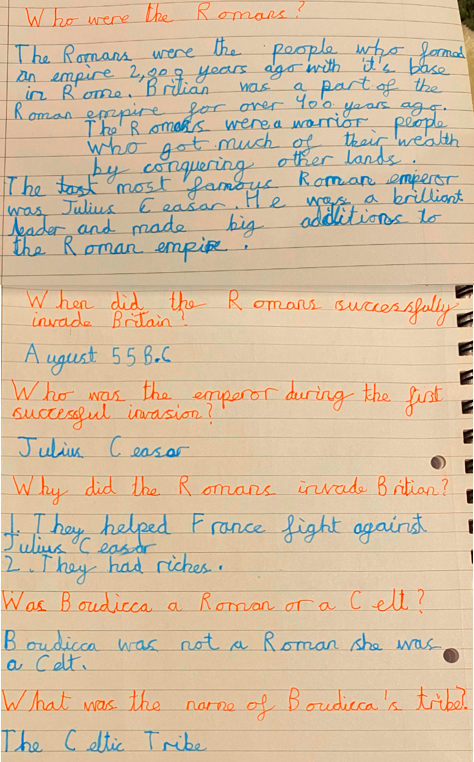
Lily

Gabriel H
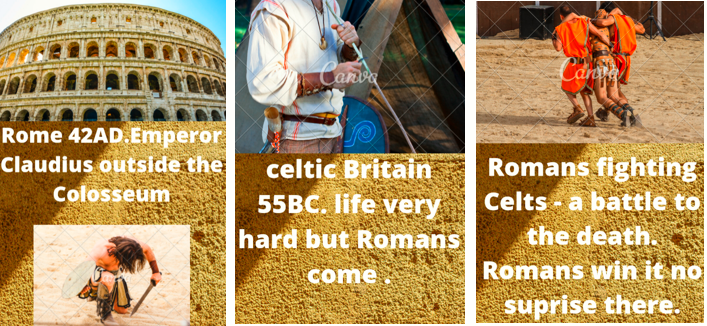
Shasmeen
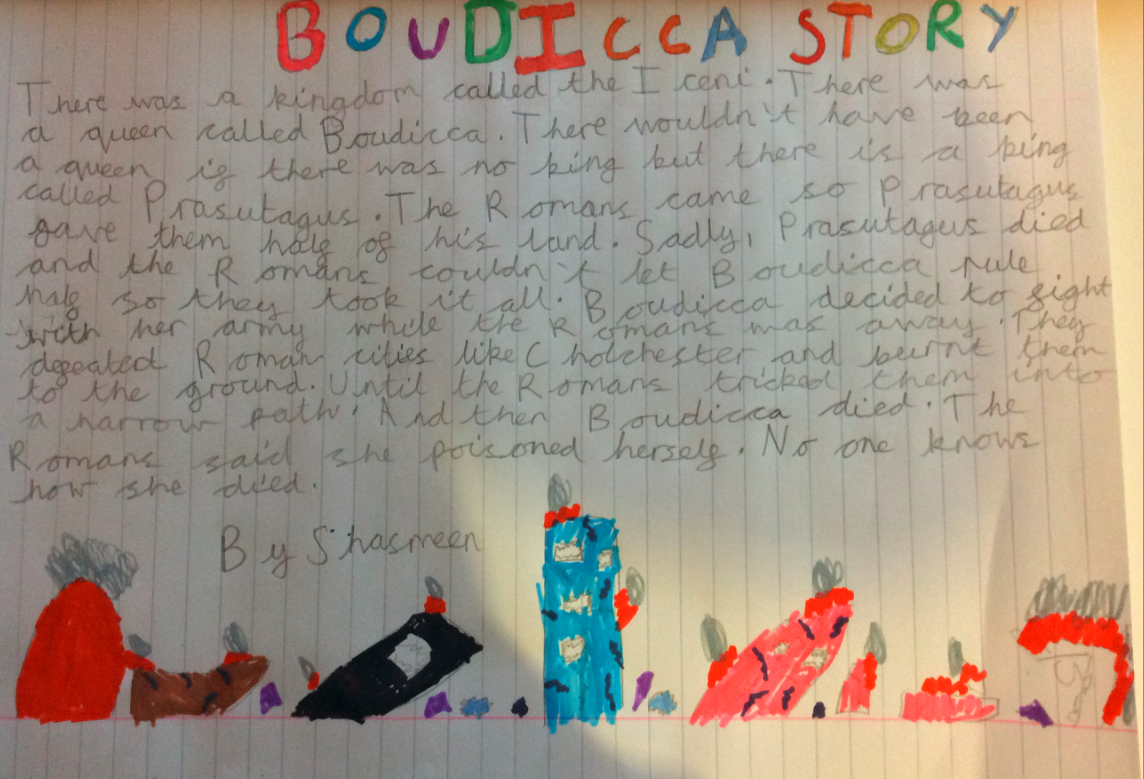
Bridget
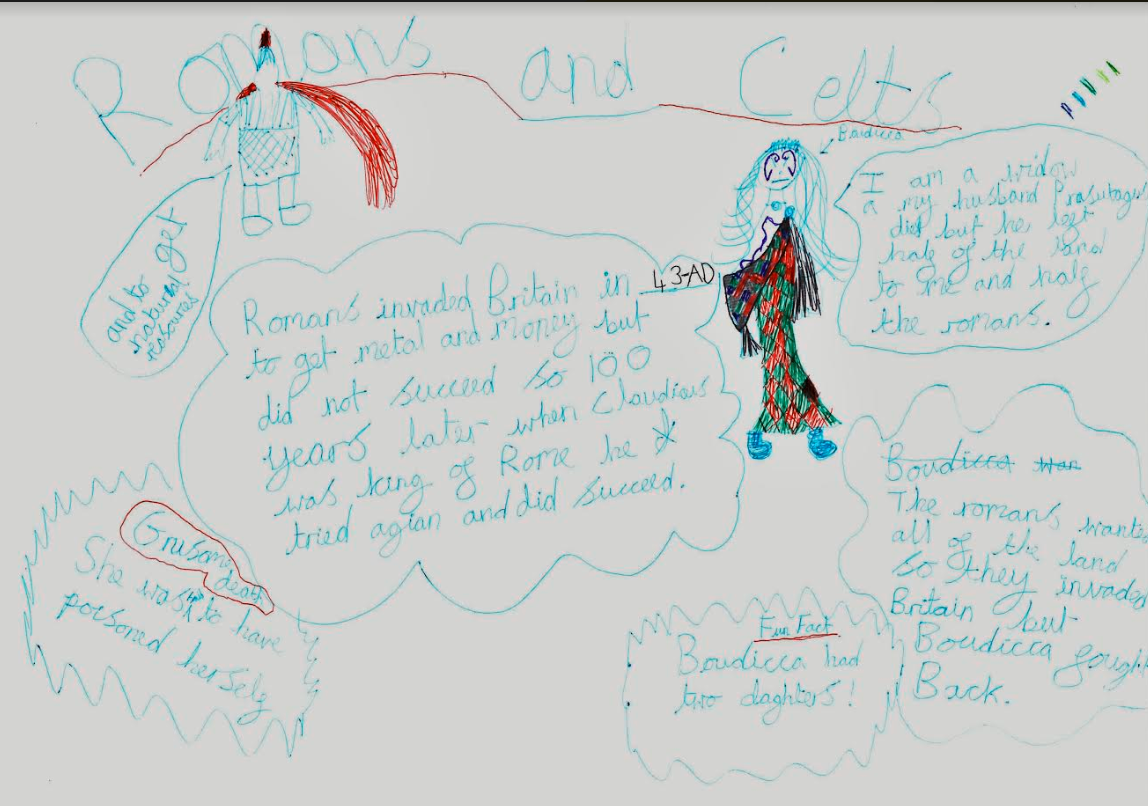
Ewan
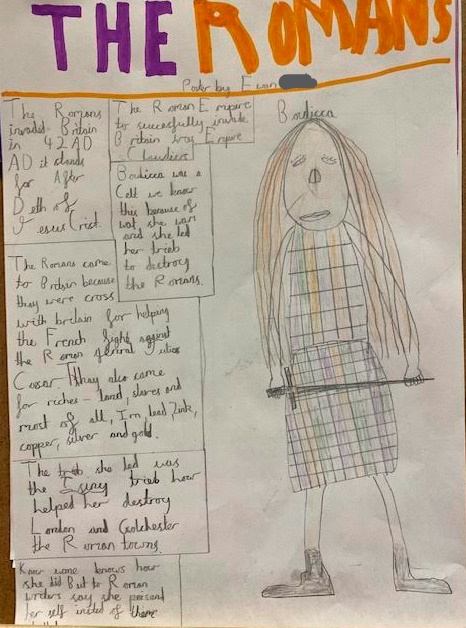
Remember, I’m available on email at: graceclifford@spherefederation.org if you have any questions about home learning during the week. Please limit this to one email per day, per child. Please also feel free to include any work that you’re proud of for our class news page. I absolutely love seeing how you’re doing.
Reception Super Learners!
I am so impressed with all your learning this week. Thank you so much for sending photos. Have fun this weekend and keep smiling!
